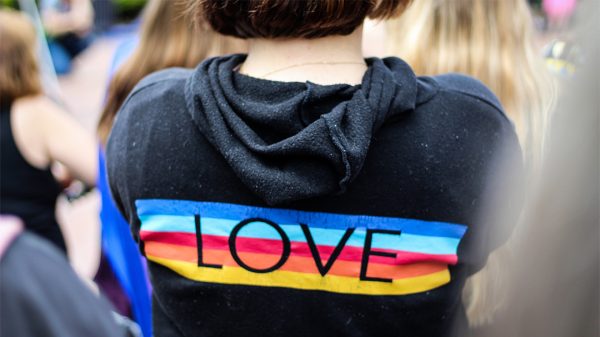When it comes to choosing a long-term partner, people across the globe consider not just how many sexual partners someone has had, but also when those encounters took place.
This is according to a study, ‘Sexual partner number and distribution over time affect long-term partner evaluation: Evidence from 11 countries across 5 continents’, that was published in Scientific Reports, and which was the first time researchers explored the timing of sexual history alongside quantity, offering a fresh perspective on human mating psychology.
Led by Swansea University, the study surveyed more than 5,000 participants from 11 countries across five continents. It found that people were generally less willing to commit to someone with a high number of past sexual partners but were more open if those encounters had become less frequent over time, suggesting a shift away from casual sex.
Lead researcher Dr. Andrew G. Thomas of Swansea University’s School of Psychology explained: “People use sexual history as a cue to assess relationship risk. In our ancestral past, knowing someone’s sexual history could help people avoid risks like STIs, infidelity, emotional instability, or rivalry with ex-partners.
“Previous studies have shown that people are generally less inclined to pursue relationships with individuals who have had many past sexual partners. However, what’s particularly interesting about this study’s findings is that this effect diminishes when those encounters occurred primarily in the past and this is something we found across the globe.”
Participants were shown simple visual timelines representing a potential partner’s sexual history. Each timeline showed the same number of past partners, but with different patterns – some concentrated early in life, others spread evenly, and some decreasing over time. Participants then rated their willingness to pursue a committed relationship, revealing that the timing of past encounters, particularly whether sexual activity with new partners had slowed over time, significantly shaped their perceptions.
The study found little evidence of a sexual double standard, with male and female participants evaluating sexual history in similar ways. Only minor sex differences were observed across countries and cultures.
Thomas said: “The results of this study point to a lack of sexual double standards, challenging the idea that women are judged more harshly for their sexual past than men.”
The study also looked at how people’s own attitudes toward casual sex influenced their views. Those who were more open to casual relationships were less affected by a partner’s sexual history, though they still showed some sensitivity to it.
Thomas concluded: “The online discourse around people’s sexual history can be very damning, but the results of this study reveal the picture is far more nuanced. We’ve been led to believe that society harshly judges those with a sexually adventurous past, but as individuals, people are in fact far more forgiving, particularly if someone’s approach to sex has changed.
“The results of this study not only shed light on the universal nature of our sexual psychology but could be used to combat misogynistic discussion of sexual history online.”








































































